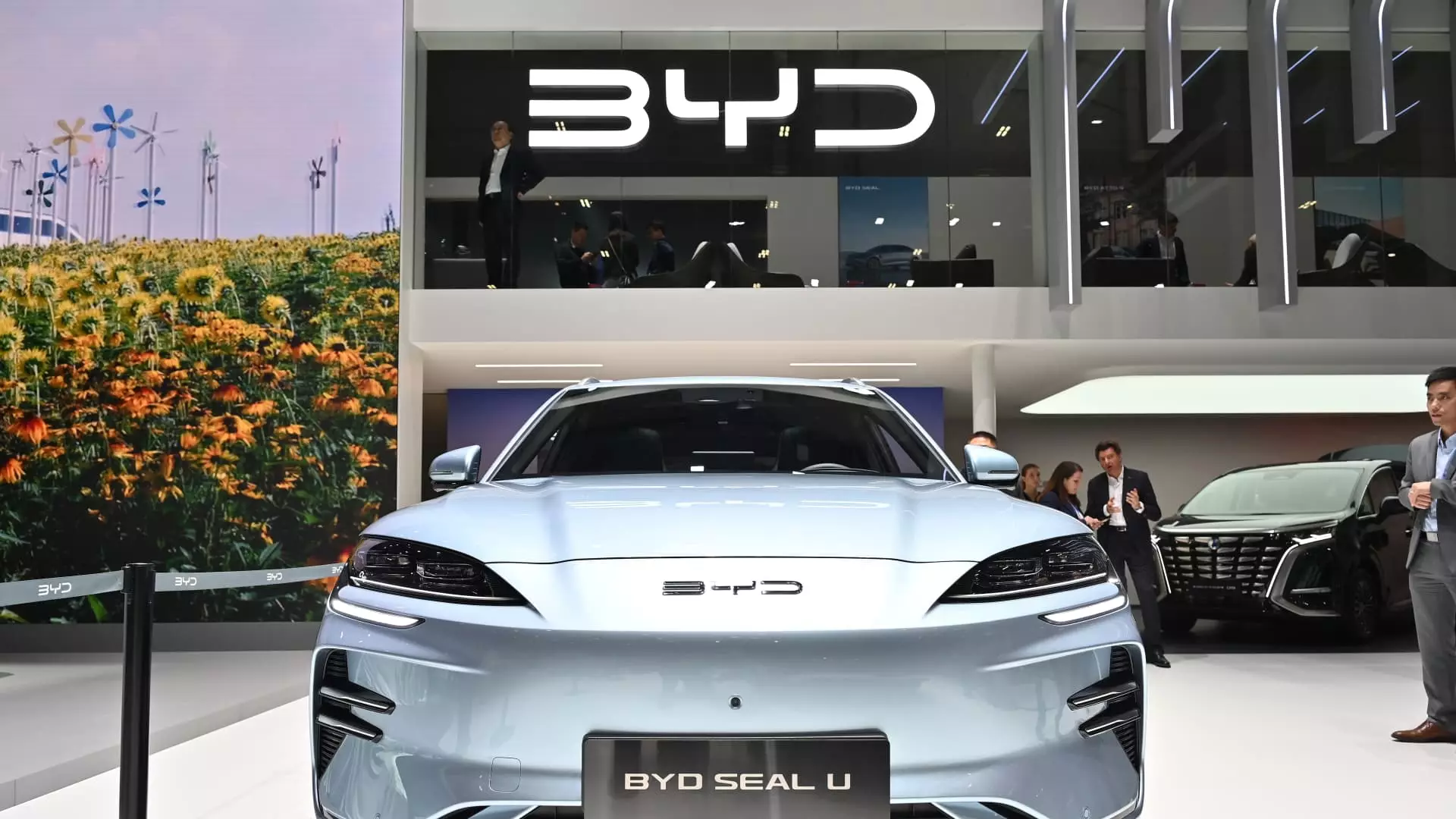Recently, the European Union has decided to increase tariffs on electric vehicles imported from China. This decision comes after the European Commission conducted an investigation that revealed producers of battery EVs in China were benefiting from “unfair” subsidization. The tariffs, ranging from 17.4% to 37.6%, are set to take effect on Friday, affecting automakers like BYD and potentially European brands producing cars in China, as well as U.S. giant Tesla.
Challenges Faced by Chinese Automakers
Chinese automakers have been aggressively expanding into the European market with competitively priced offerings, posing a threat to top automakers in the region. Many European automakers have been lagging behind in the production of electric vehicles, making them vulnerable to competition from Chinese companies benefiting from what the European Commission deems as “unfair subsidization.”
In response to the imposed tariffs, automakers like Nio and Xpeng have stated that they may have to raise prices for their vehicles sold in Europe. While Nio is currently maintaining prices, it acknowledges the possibility of price adjustments in the future. Xpeng, on the other hand, assures customers awaiting deliveries that they will be protected from price increases, but remains ambiguous about potential price hikes due to tariffs.
The U.S. automaker Tesla is also expected to be affected by the tariffs, with the European Union likely to increase prices for its Model 3 vehicle. The specific tariff rate for Tesla has yet to be disclosed, but it is anticipated that the company will face individually calculated duties. The provisional tariffs set to take effect are only temporary, lasting four months, after which EU member states will have to vote on definitive duties that could last for five years.
Chinese and EU officials have engaged in discussions regarding the tariffs, with the hope of reaching a mutually acceptable solution. Chinese Commerce Ministry spokesperson He Yadong emphasized the importance of showing sincerity and expediting the consultation process to address the issue. Despite the challenges posed by tariffs, Chinese EV makers like Xpeng reaffirm their commitment to the European market, expressing intentions to provide high-quality products and potentially establish local manufacturing capabilities in Europe to offset some of the imposed tariffs.
The increase in tariffs on Chinese electric vehicles imported into Europe presents challenges for both Chinese automakers and European brands producing cars in China. The competitive landscape in the European market is shifting, with Chinese companies gaining momentum and posing a threat to traditional automakers. While efforts are being made to resolve the issue through discussions between Chinese and EU officials, the long-term impact of these tariffs on the electric vehicle industry remains to be seen.

